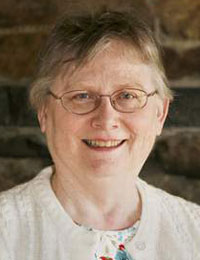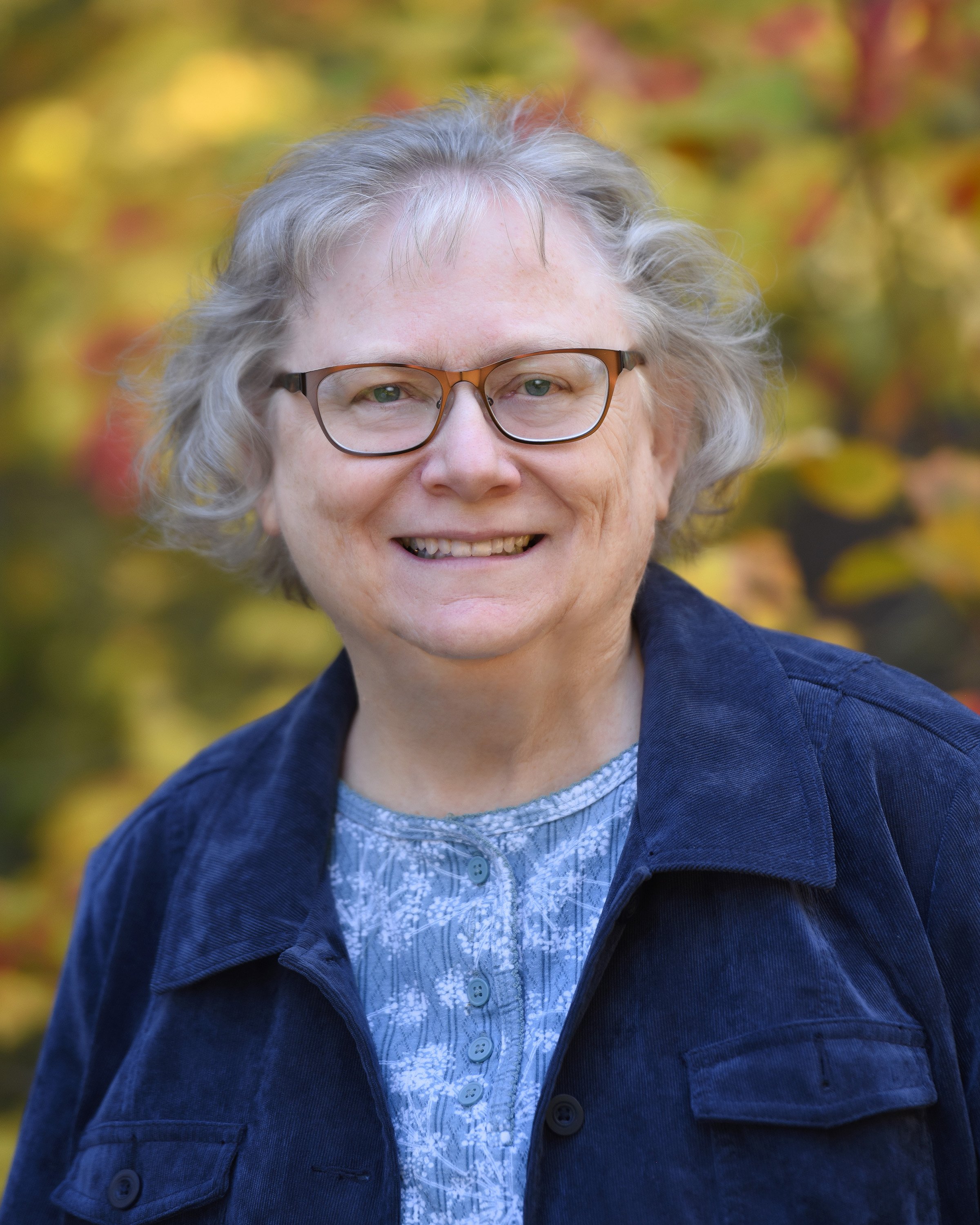 On the list of books of which you have probably never heard is Cotton Mather’s Magnalia Christi Americana; or, The Ecclesiastical History of New-England…, originally published in 1702.[1] Roughly translated as The Glorious Works of Christ in America, it might not sound all that interesting and certainly doesn’t sound like a genealogical resource, but it really is a rich treasure of biographical information for early New England ministers.
On the list of books of which you have probably never heard is Cotton Mather’s Magnalia Christi Americana; or, The Ecclesiastical History of New-England…, originally published in 1702.[1] Roughly translated as The Glorious Works of Christ in America, it might not sound all that interesting and certainly doesn’t sound like a genealogical resource, but it really is a rich treasure of biographical information for early New England ministers.
The Rev. John Ward (1606–1693) of Haverhill, Massachusetts,[2] who was in New England by 1639, was the son of Great Migration immigant Rev. Nathaniel Ward, who arrived with some of his family in New England in 1634.[3] Nathaniel, his son James, and daughter Susanna, with her husband Giles Firman, all returned to England in the 1640s.[4] John might have returned with them except his wife, Alice (Edmonds) Ward, whom he had married in London in 1636, was “utterly against” going back. John was willing to stay if he could find a place to preach and by 1645 he was the ordained minister at Haverhill, where he remained the rest of his life.
“He was a person of quick apprehension, a clear understanding, a strong memory, a facetious conversation; he was an exact grammarian, an expert physician...”
Cotton’s description of Rev. John Ward is, as would be expected with seventeenth-century prose, full of accolades: “He was a person of quick apprehension, a clear understanding, a strong memory, a facetious conversation; he was an exact grammarian, an expert physician, and, … a thorough divine [with] a most healthy, hardy, and agile constitution of body, which enabled him to make nothing of walking on foot a journey as long as thirty miles together.” He was “of a modest and bashful disposition, and very sparing of speaking, especially before strangers, or such as he thought his betters. He was wonderfully temperate, in meat, in drink, in sleep, and he always expressed – I had almost said affected – a peculiar sobriety of apparel.”
Cotton further described that although John Ward had plenty of offers to marry rich women in England “yet he chose to marry a meaner person, whom exemplary piety had recommended,” with whom he lived forty years “in such an happy harmony, that when she died, he professed that, in all this time, he never had received one displeasing word or look from her. Although she would so faithfully tell him of every thing that might seem amendable in him, that he would pleasantly compare her to an accusing conscience, yet she ever pleased him wonderfully….”
You can’t make this stuff up!
A quick way to find out if one of your early New England ancestors has a biography in Magnalia Christi is to check references given by Robert Charles Anderson in his Great Migration Study Project sketches, as well as in the Early New England Families Study Project sketches. These personal tidbits can be adorable additions to your ancestors’ portraits.
Notes
[1] https://en.wikipedia.org/wiki/Magnalia_Christi_Americana.
[2] Magnalia Christi, I: 522. John Ward was born at Haverhill in Suffolk, England.
[3] Great Migration Begins, 3: 229–35.
[4] Susan Hardman Moore, Abandoning America, Life-stories from early New England (Woodbridge, Sussex, England, 2013), 107–10, 304–7.
Share this:

About Alicia Crane Williams
Alicia Crane Williams, FASG, Lead Genealogist of Early Families of New England Study Project, has compiled and edited numerous important genealogical publications including The Mayflower Descendant and the Alden Family “Silver Book” Five Generations project of the Mayflower Society. Most recently, she is the author of the 2017 edition of The Babson Genealogy, 1606-2017, Descendants of Thomas and Isabel Babson who first arrived in Salem, Massachusetts, in 1637. Alicia has served as Historian of the Massachusetts Society of Mayflower Descendants, Assistant Historian General at the General Society of Mayflower Descendants, and as Genealogist of the Alden Kindred of America. She earned a bachelor’s degree from the University of Connecticut and a master’s degree in History from Northeastern University.View all posts by Alicia Crane Williams →